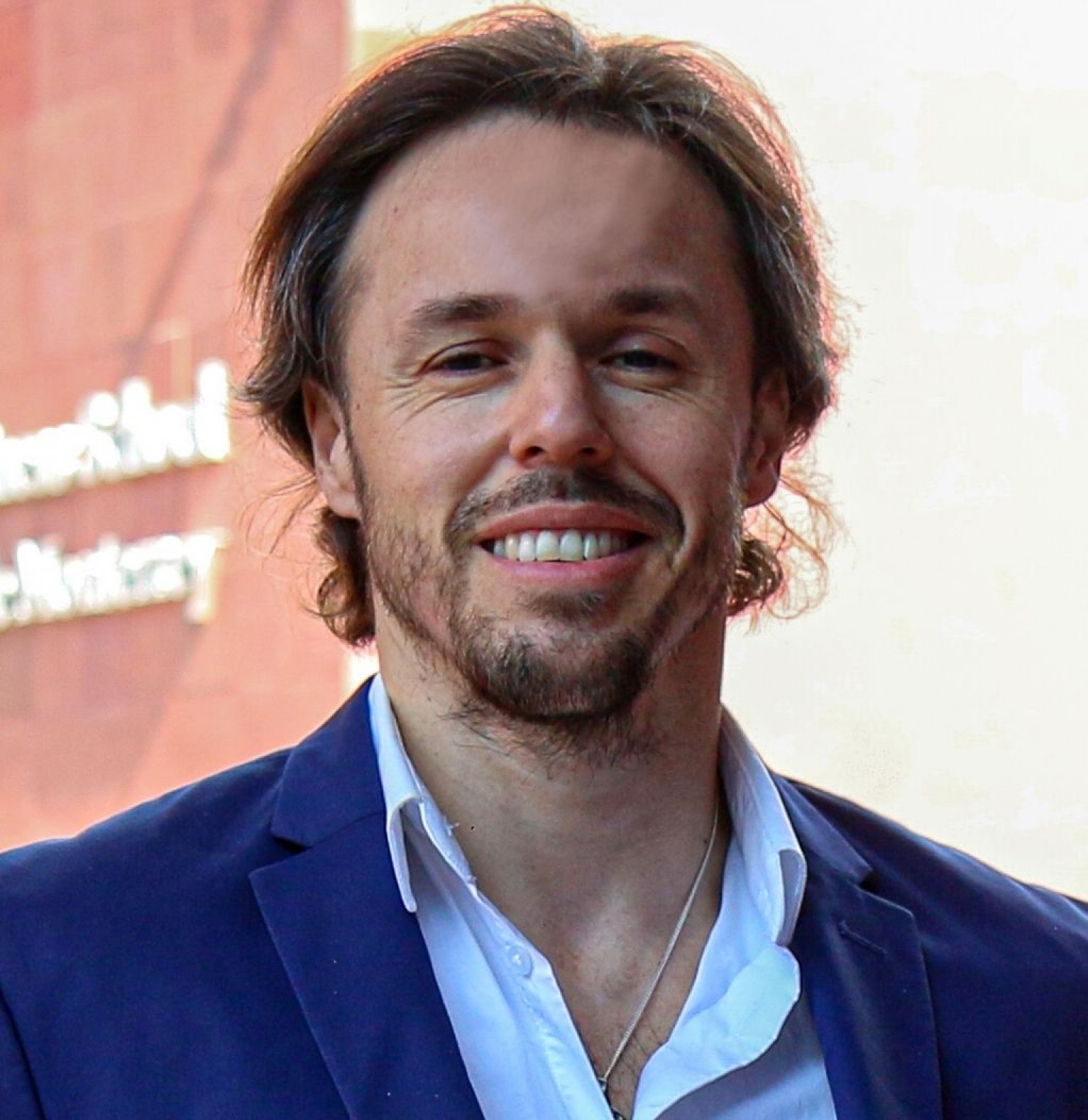The first UN Sustainable Development Goal is poverty eradication, a goal in which the private sector plays the important role of promoting inclusive growth and generating opportunities for low-income populations. Although this is a global challenge, it is far more urgent in developing countries, where barriers still prevent poor communities from participating in markets as consumers or producers.
Entrepreneurship is normally seen as a solution, especially due to its positive effects on job creation, economic growth, and social and environmental impacts on communities. This idea has been defended mainly by international cooperation agencies, which have supported the ventures in poor communities with a market-based approach, i.e., connecting them with international markets. However, the results of this approach have been mixed with regard to poverty reduction.
To appreciate why the results of these cooperation projects vary, we must first understand the relationships between the actors involved, that is to say, between the international cooperation agencies, community entrepreneurs and the poor communities themselves. This multistakeholder approach requires a new definition of poverty that is participatory, where the poor can describe their own situation. This more subjective perspective can shed light on why market-based approaches have not always succeeded in alleviating poverty, especially from the perception and expectations of communities and entrepreneurs.
To explore this issue, we studied this triadic relationship through a comparative case between a European agency, three entrepreneurs supported by the agency, and their respective communities. With my colleagues Urs Jäger, Silke Bucher (INCAE Business School) and Stephanie Rüegger (VIVA Idea), we published the results in the paper “When connecting ventures to international markets falls short: examining the root mechanisms of perceived inefficacy in market-driven poverty alleviation efforts” (Management Research: Journal of Iberoamerican Academy of Management, 2024).
Our initial aim was to study the European agency as an example of good practice, as it considered all three projects to be a success in terms of employment opportunities. However, neither the entrepreneurs nor the communities perceived this success with respect to poverty reduction. Consequently, and in order to justify its actions to receive funding, the agency excluded the objective of poverty reduction from its mission. We then analyzed the mechanisms that led to discrepancies in the perceived success of these initiatives. The results call for critical reflection on the effectiveness of the attempts to alleviate poverty by cooperation agencies that use a market-based approach.
Academia has described the unequal relationships established between the actors analyzed in our study, and, therefore, the unwanted impact that agency interventions could have on poor communities. On the one hand, the connections between local ventures and international markets could be exploitative, given the limited power of entrepreneurs when setting their own market terms, while, on the other, cooperation agencies, large multinationals or political elites could take advantage of the extraction of resources and wealth from the communities.
Additionally, recent studies argue that market mechanisms, such as independent transactions, price competitiveness and relationships with multinationals and large companies are relevant in poverty reduction, since they can increase productivity and increase the producers’ income. However, these contrasting views do not, in themselves, explain the discrepancies in perceptions about poverty reduction, since they emerge from a perspective that is solely quantitative and objective.
Based on the data obtained, we identified three mechanisms that explain why market-based approaches that seek to reduce poverty by connecting entrepreneurs from poor communities with international markets have mixed results:
- Decoupling markets from poverty: Entrepreneurs supported by cooperation agencies can, paradoxically, decouple from the communities to which they belong. This implies that entrepreneurs want nothing to do with the complexities of poor communities and focus on meeting the requirements of international markets. Relationships are established directly between entrepreneurs and the agency, and their perceptions are limited to positive results in their specific goals of connecting with international markets, leaving the communities out of the equation.
- Stress overload: Entrepreneurs cannot complete their role in poverty reduction through market activities because the expectation of doing so is a burden for entrepreneurship. This mechanism occurs between entrepreneurs and the community, since cooperation agencies focus on the market-based approach itself and implicitly delegate the function of poverty alleviation to entrepreneurs. From the community's perspective, these efforts would include combating corruption, building relationships of trust, facilitating access to health services, etc. But entrepreneurs are unable to address the lack of institutional structures and fail to meet community expectations.
- Divergence of values: The actors involved evaluate the impact of market-based approaches on poverty differently. The agency was only interested in raising the value of ventures in international markets, thus simplifying poverty reduction as export growth while creating expectations of improving the quality of life in the communities. In this way, the perspectives of both the entrepreneurs and the community were excluded. The communities' perspectives included covering basic needs that could not necessarily be found in international goods and services markets. By not taking into account the values of all the actors involved, each actor continues the relationship from their own context and with a different definition of success, a discrepancy that leads to making fruitless decisions.
Our study makes it possible to understand not only why there are different perceptions with respect to poverty reduction among the different actors, but also why the benefits of the market-based approach go no further than the entrepreneurs, without permeating into the community. Therefore, we propose monitoring and supporting the relationships between the actors involved (for example, cooperation agencies, entrepreneurs and communities), taking into account how each actor perceives the effectiveness of these projects in terms of poverty reduction.
The author is a research professor at EGADE Business School and VIVA Idea Schmidheiny Chair in Sustainable Futures.
